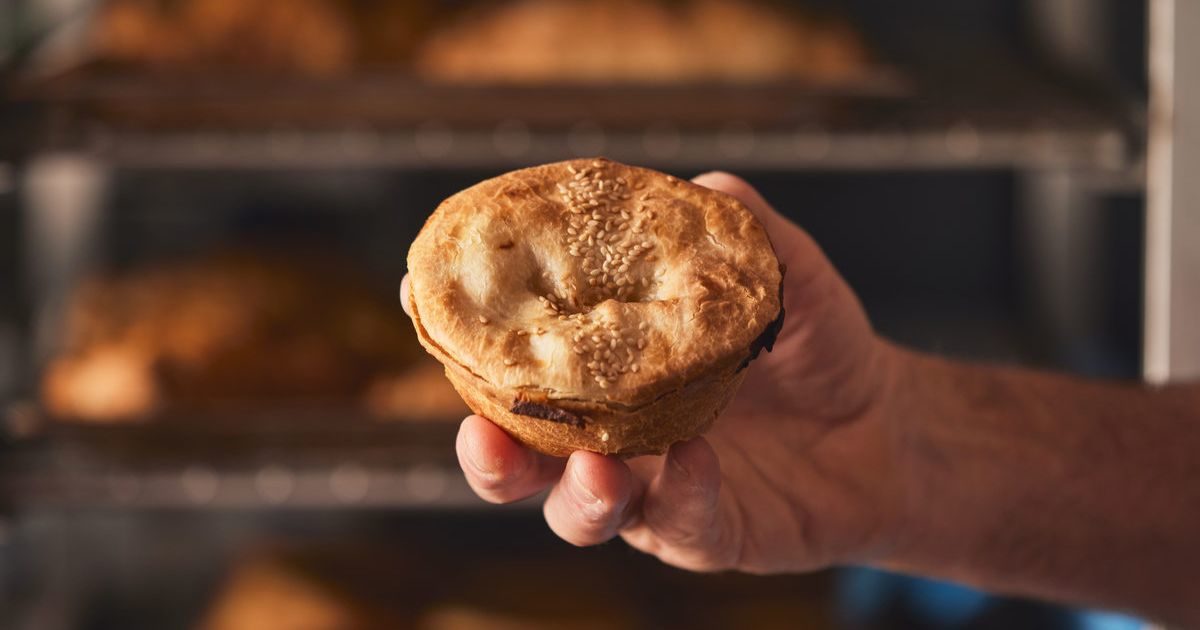Local artist profile: Alicia Parry

Tuba groover: Parry said it’s the social aspect of music making that got her hooked. Photo: MATT OLIVER
THIS week we chat with home grown multi-instrumentalist Alicia Parry.
What motivated you to become a musician?
I started off my music journey because of my parents. They thought that it would be a good experience for me to learn piano and signed me up for piano lessons. I’d always enjoyed listening to music, mostly of the pop and rock variety, but I found out through piano lessons that I also liked making music.
From here on out I just kept on taking up music opportunities and eventually realised that I found it particularly fun playing and performing music with others. It was the social aspect of music-making that really motivated me to become a musician.
As a multi-instrumentalist, what’s your main weapon of choice these days?
My main instrument is the tuba. It was kind of like Harry Potter where the wand chooses the wizard, except in this case the brass instrument chooses the musician. I initially started learning the euphonium as my first brass instrument, which is a smaller version of the tuba, but found it challenging to play high notes.
Several brass teachers who I met told me that they thought I would be better suited to the tuba. That’s the thing about brass, some people are physically more suited to the high instruments, and some, like me, are better suited to the low instruments. So, I ended up trying the tuba and found it a lot easier and more comfortable to play.
Have you had any formal education in music?
I kicked off my formal training as a brass musician at high school in Bendigo. I had opportunities to learn from many experienced teachers through my high school music program and I was able to study music all the way through to VCE.
Since then, I have been fortunate enough to study a bachelor of music at the Melbourne Conservatorium of Music. For the degree, I studied tuba under Tim Buzbee who is the principal tuba player of the Melbourne Symphony Orchestra.
Who do you admire in the industry?
Tim Buzbee. His tuba sound is amazing, and he knows how to put on a performance. If you ever see the Melbourne Symphony Orchestra live, the way his sound fills up the performance space is awesome to listen to. I would recommend looking up Carmina Buzbeena on YouTube to hear just how powerful his sound can be.
I also look up to female tuba players such as Karina Filipi – a local Australian musician who had her beginnings as a tuba player in a youth brass band in Adelaide, and other female players like Carol Jantsch and Velvet Brown over in America. They are all fabulous, talented players who are helping to break down and tear apart stereotypes regarding who can play the tuba.
What advice would you give to young regional people considering making a go of it in music?
I’d recommend that they join a local band and get out there doing gigs. Form your own band if you need to and get yourself seen in the community. You’d be amazed at how many opportunities and gigs we musicians pick up thanks to people we know or people we have worked with before. These connections are likely to be your lifeblood as a musician. Getting your face seen and getting your name out there is important.


















